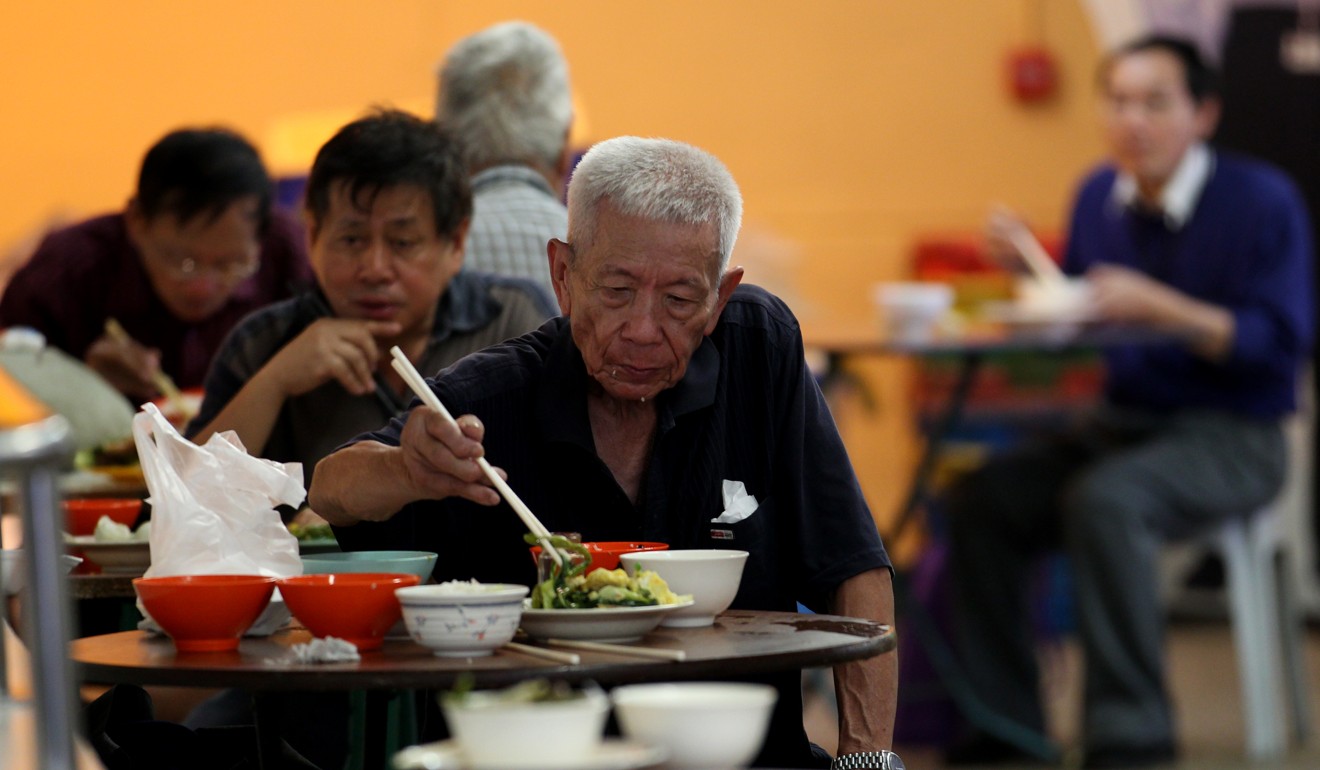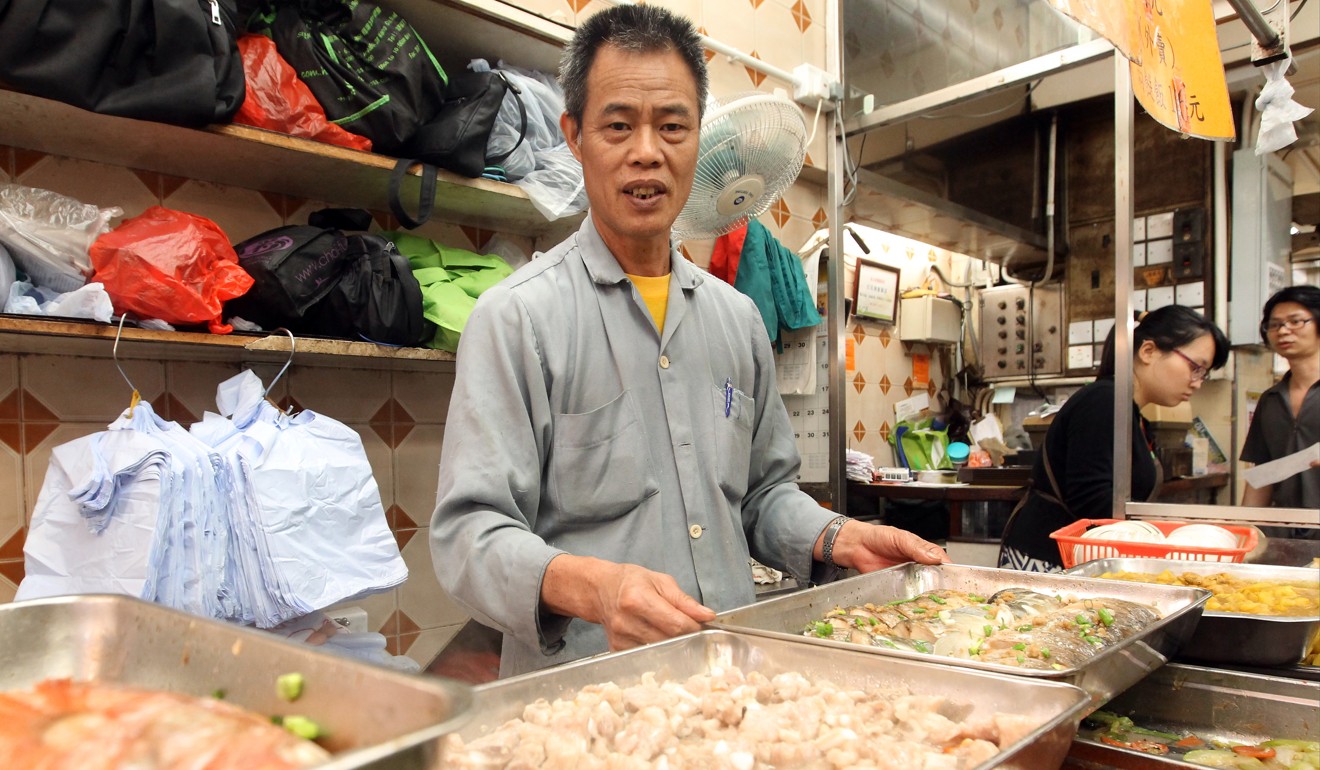
It’s shocking that children in one of the world’s most affluent cities are starving
Luisa Tam says attempting to eat HK$15 meals for three days left her agitated, angry and deprived – imagine doing that all the time
Shame, shame, shame! How can this city, with its highest numbers of Rolls-Royce and Mercedes cars per capita, the priciest property market in the world per square foot and the highest concentration of individual wealth in Asia, allow a substantial number of children and adults to starve on a daily basis?
Last week I put myself on an experiment for three consecutive days to see what it would be like to live a hand-to-mouth existence, allowing myself HK$45 for food per day.
One in six Hong Kong children cannot afford to eat out, study finds
The first day went relatively smoothly and I spent less than HK$10 on a sandwich, mostly because I was given some food by a colleague when he saw me counting spare change and thought I must have forgotten my wallet. I accepted his generosity gleefully.

On the second day, I picked at some leftover sandwiches from the day before and had a chocolate bar and some small snacks for dinner because I was planning to save some money for a better meal the following day.
On the last day, I had a total of HK$92.50, more than half of which was money saved from the earlier two days. I decided to cheer myself up and splurged on some takeaway dim sum; but that was my only meal all day.
Education gap threatens poor Hong Kong children
For the three days that I was “penniless”, besides feeling hungry, I felt deprived, hapless, agitated, antisocial and angry, before a gradual sense of shame set in. Now, if you multiply that feeling by 120 times, you would probably get a rough idea what it is like for those families that have so little to eat for every day of the year.
I decided to cheer myself up and splurged on some takeaway dim sum; but that was my only meal all day
Being hungry all the time can affect not only one’s physical but also mental health. And needless to say, it is cruel to put children at serious risk of malnutrition. When we starve our children, we are also starving their potential and disrupting their normal development, both physically and intellectually.
The problem isn’t about having too little food around; it’s about wealth distribution. We are basically seeing our wealth gap problem being served on our plates. The poor children in our midst have become part of the collateral damage because of the government’s inability to tackle economic inequality.
Why impoverished young Hongkongers are deprived of more than food
Here is some food for thought. When local legislators claim their expenses, there is no set limit for the cost of a meal if they entertain in their official capacity. Of course, they are trusted to exercise common sense and hence budget control. For the middle and senior government officials, the claimable limit for lunch is HK$450.

Affordable and liveable accommodation is already inaccessible to low-income families, and now they are hit with food poverty. Fundamentally speaking, it’s not only about basic and essential food needs; it also concerns human rights and dignity. This is certainly a humiliating way to live and that the situation doesn’t seem to be improving any time soon should worry – and shame – us all.
A common Cantonese greeting in Hong Kong that is equivalent to saying hello is “sik jor fan mei?” which means, “Have you eaten yet?”.
But in the spirit of today’s food for thought, it is more appropriate to greet people with, “sik bao mei?”, which translates as, “Have you had enough to eat yet?”.
Luisa Tam is a senior editor at the Post

